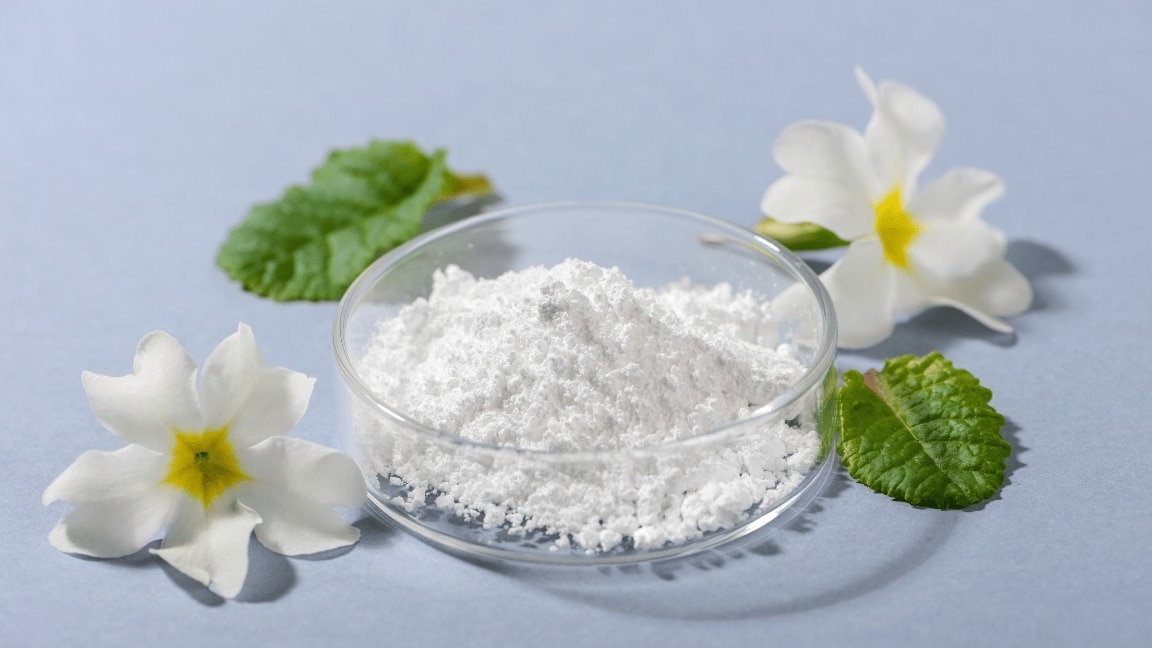Unlike other trendy active ingredients like retinol and peptides, sulphur has been a skincare staple for centuries. While most of us associate it with the strong odour from high school chemistry labs, this powerhouse ingredient has long been used in dermatologist-approved acne treatments. But did you know that sulphur's benefits extend beyond treating breakouts? From oil control to gentle exfoliation, sulphur can be a game-changer in your skincare routine. If you're new to the world of sulphur-based skincare, this beginner's guide will walk you through everything you need to know before adding it to your routine.
Natural Argan Oil & Lavender Sulfate Free Anti-Frizz Shampoo - 400ml
₹658
₹658









